
Creeping Red Fescue Great Basin Seeds
Strong Creeping Red Fescue Grass | Festuca Rubra Rubra The above image shows this species left uncut and at the seeding stage. A narrow bladed strong creeping and binding grass with good wear and recovery characteristics suitable for many lawns. Also tolerant of disease and drought.

Strong Creeping Red Fescue Grass Seed (Festuca Rubra Rubra) Hurrells Seeds
Celestial Strong Creeping Red Fescue is an improved cultivar that exhibits improved drought and disease tolerance with excellent winter color and blends well with other grasses. Celestial was highly rated in turfgrass NTEP trials and is a certified "TWCA" product meaning that it has been bred and tested to show improved drought tolerance.
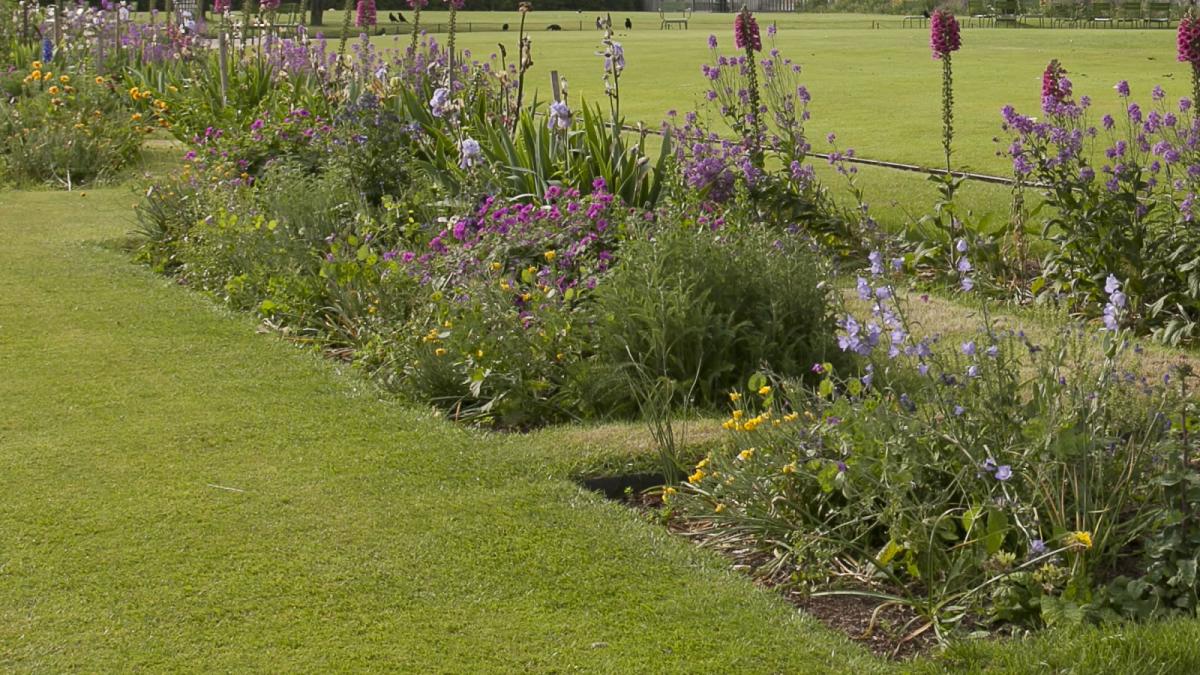
Strong creeping red fescue Turfgrass List, your online database for species and varieties of
The common names of these five fine fescues are strong creeping red fescue, slender creeping red fescue, Chewings fescue, sheep fescue and hard fescue. Generally, fine fescues are described as low input turfgrasses because as a group these plants tolerate shade and low fertility, and can persist with minimal irrigation.

Creeping red fescue « Seed Production
Often known as Strong Red Fescue, this common grass, as its name implies, has creeping rhizomes . It has a more vigorous creeping habit than some similar species which can help to create a dense, hardwearing turf or sward. These shallow creeping roots help it to remain green even in drier soils. Uses

Creeping Red Fescue (Festuca rubra) Great Basin Seeds
Creeping red fescue is the only species that spreads by rhizomes, and within this species there are two distinct types that include an aggressive creeping type with strong rhizomes and a slender creeping type with short rhizomes. Chewings fescue, sheep fescue, and Hard fescue are all bunch-type grasses. Due to their superior shade tolerance.

Celestial Strong Creeping Red Fescue Stover Seed since 1922
Chantilly is a beautiful, strong creeping red fescue resulting from recurrent selections and crosses using plants from persistent older turfs and plants harvested from the Portland, OR area containing "rose city endophyte". The natural presence of endophyte works to repel surface feeding insects and subsequent vulnerability to stresses and.
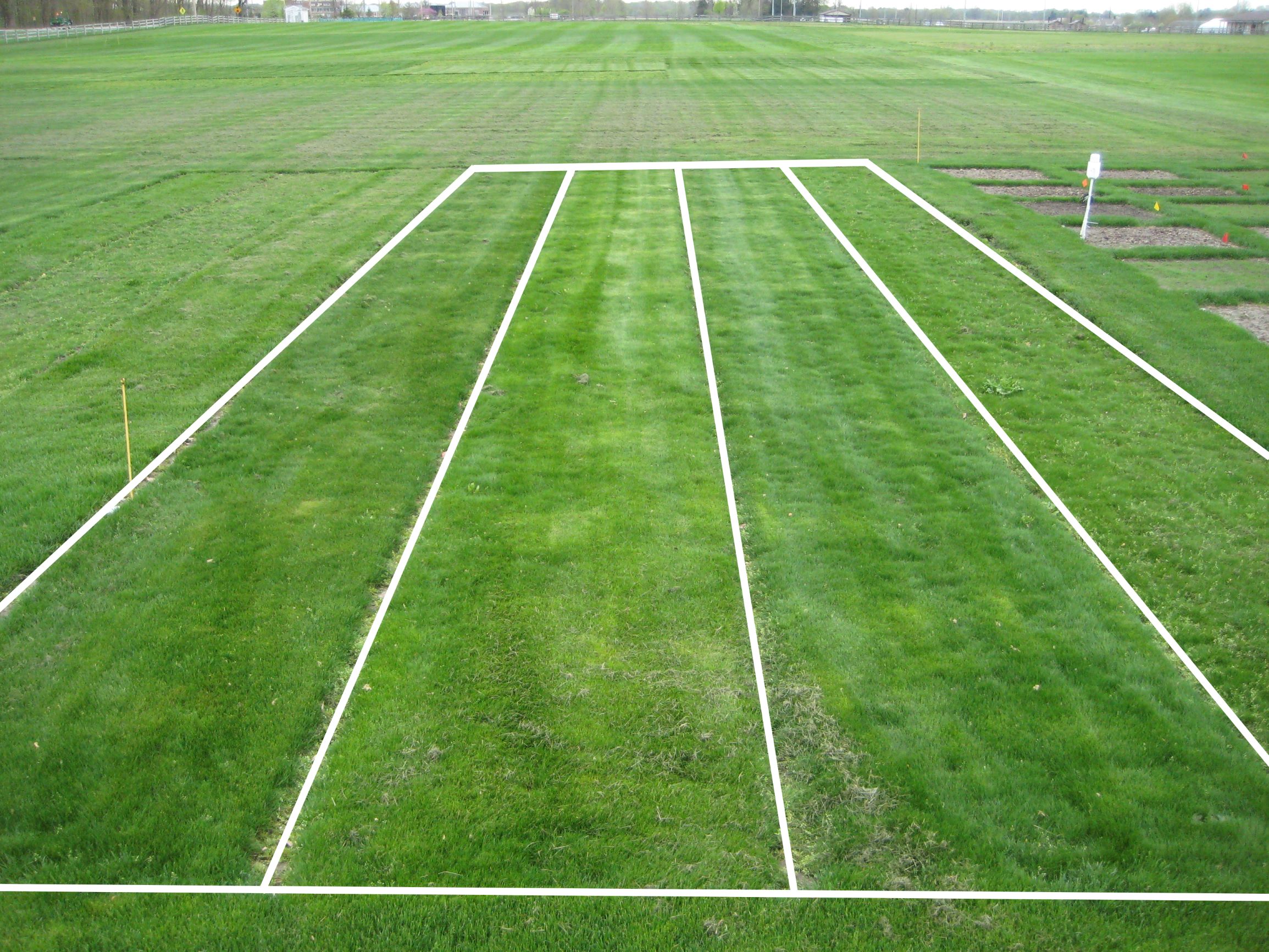
The many faces of fine fescue Low Input Turf
A strong creeping red fescue crown (center) with two horizontally growing rhizomes with daughter plants on either side . Fine fescues are a group of turfgrasses with excellent potential for low-input use. Currently, consumers establish turf areas with seed of these grasses as fine fescue sod production is very limited.
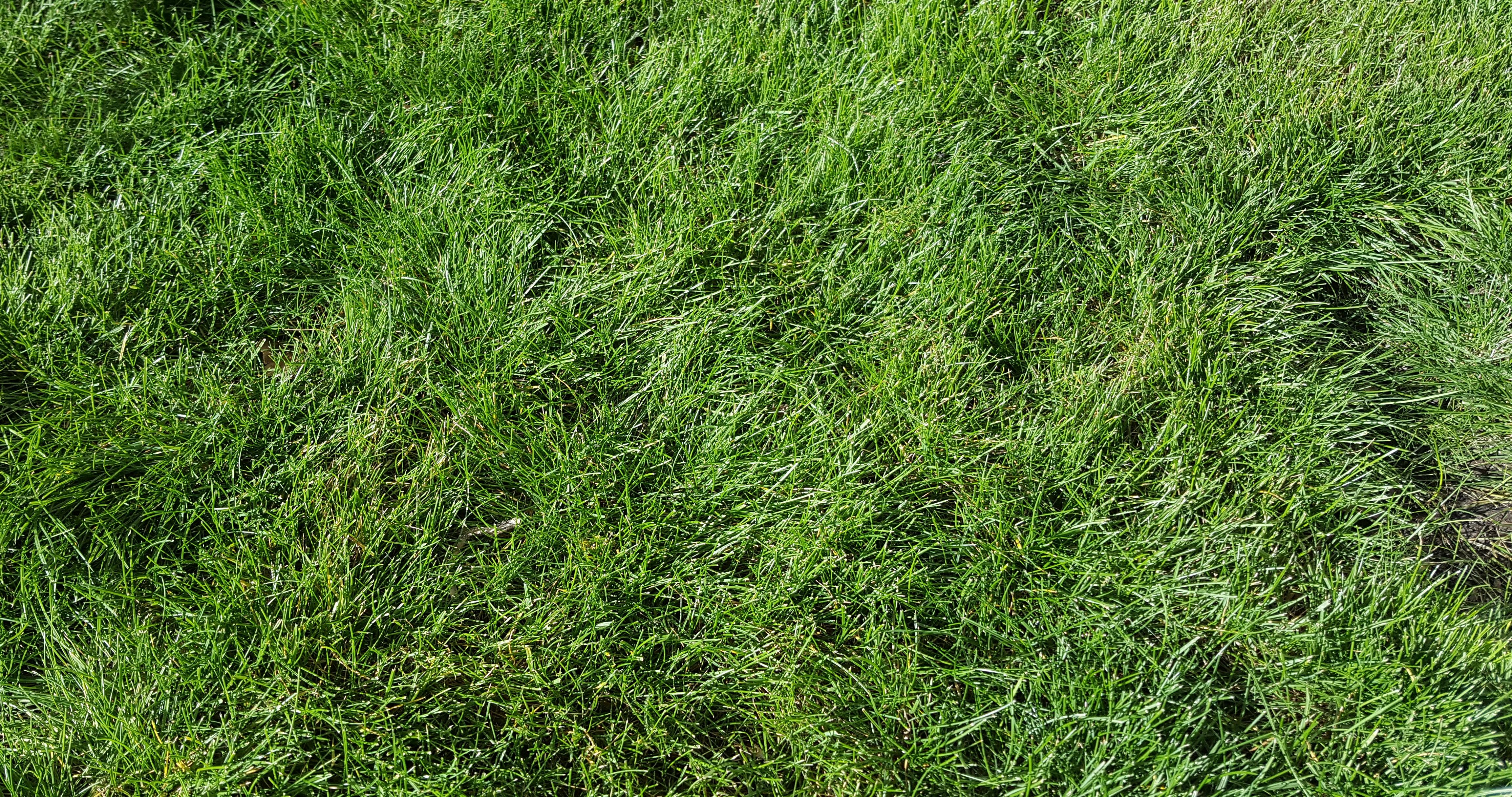
Creeping Red Fescue McKays Grass Seeds
Strong creeping red fescue may have the most potential because it tends to blend better in mixtures and at least some cultivars are not overly aggressive. Its weak link is susceptibility to Red thread. My ideal fine fescue would be coarse textured on the order of newer perennial ryegrasses, would be rhizomatous, would be medium green, have.
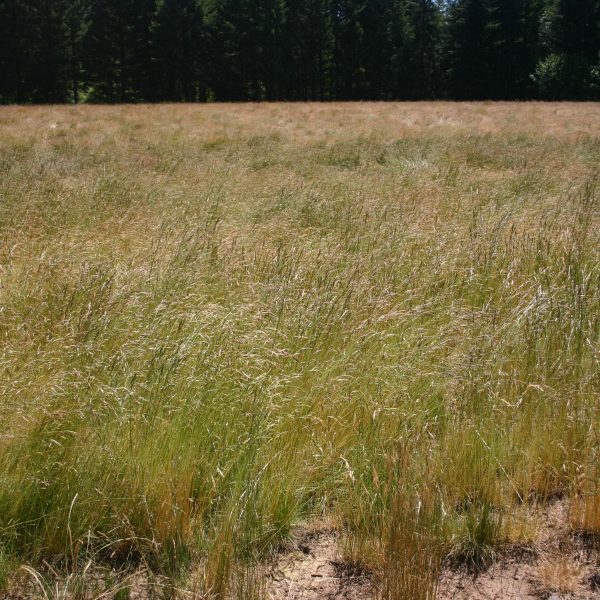
Silver Falls Seed Company Fescue Red Creeping Evergreen
The strong creeping red fescue is dark and offers good shade tolerance. A perennial cool-season grass native to Europe, it's called creeping because it spreads slowly by underground runners or rhizomes. Its best uses of this variety include fairways, rough, lawns and parks.
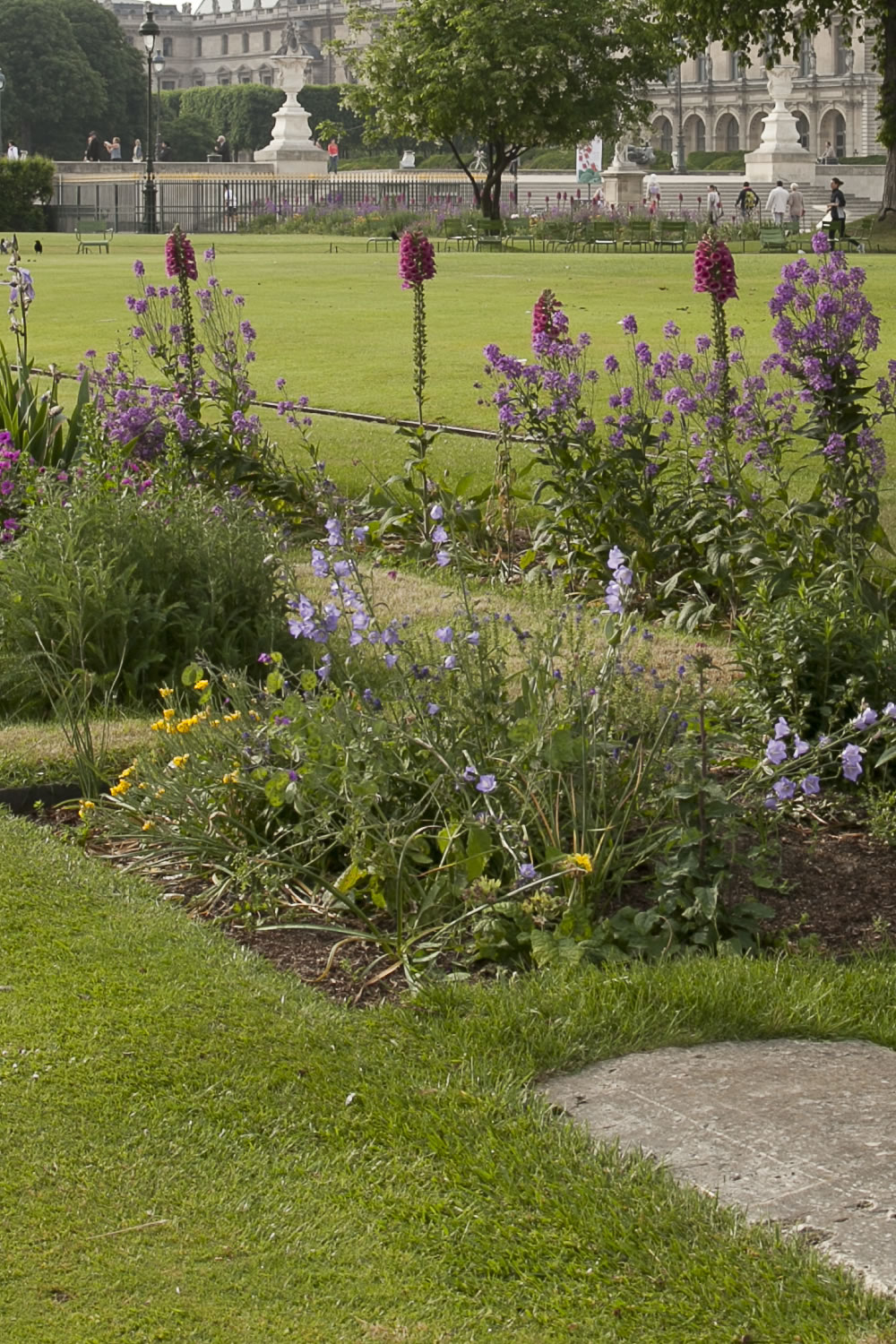
Strong creeping red fescue
Festuca rubra, as red fescue or creeping red fescue, is cultivated as an ornamental plant for use as a turfgrass and groundcover. It can be left completely unmowed, or occasionally trimmed for a lush meadow -like look. There are many subspecies, and many cultivars have been bred for the horticulture trade. The ligule is very short and blunt.
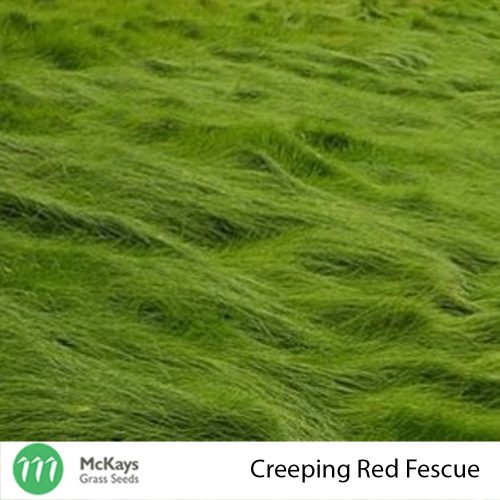
Creeping Red Fescue McKays Grass Seeds
20% strong creeping red fescue If tree shade is a significant issue, I'd recommend: 40% Chewings fescue 40% strong creeping red fescue 20% hard fescue Regardless of the type of grass you choose to seed, it is important to consult locally collected data and make wise purchasing decisions.

LowInputTurf provides information and ideas on the use of lowinput turfgrasses, such as fine
Quick facts Strong creeping red fescue, slender creeping red fescue, Chewings fescue, hard fescue and sheep fescue are often grouped together and are called fine fescues. Fine fescues need very little irrigation in Minnesota. Mow fine fescues at 2.5 to 4 inches. Mow more often during cool, wet weather. Mow less often during hot or dry weather.

Celestial Strong Creeping Red Fescue Stover Seed since 1922
CELESTIAL Strong Creeping Red Fescue represents an advanced generation of synthetic fine fescue cultivars that promise to expand greatly the usage of this species. At home in sun or partial shade, Celestial represents that best in low maintenance turfs for use in home lawns, parks, and golf courses.

Fine Fescue How to Grow and Care for It
As a quick background, creeping red fescue or Festuca rubra is an ornamental plant ideal for shady lawns or gardens. It is primarily used as turf grass. Creeping red fescue is one of the five major species of fine fescue. The four others are the hard fescue, chewings fescue, sheep fescue, and slender creeping red fescue.
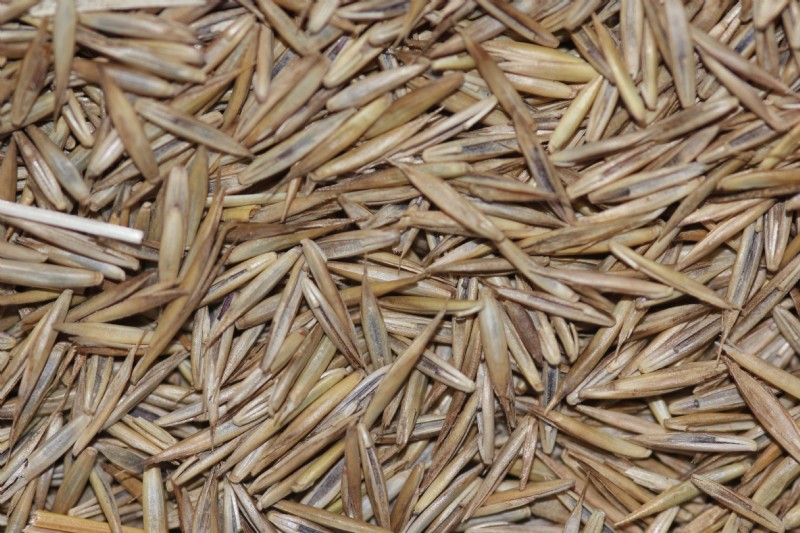
Creeping Red Fescue Species Information
Ruddy strong creeping red fescue turf is a newer generation of red fescue developed for exceptional wear tolerance at all mowing heights. This makes Ruddy Strong suitable for home lawns, fairways, roughs and parks. This creeping red fescue demonstrates high turf quality under all maintenance conditions and a broad range of climates.
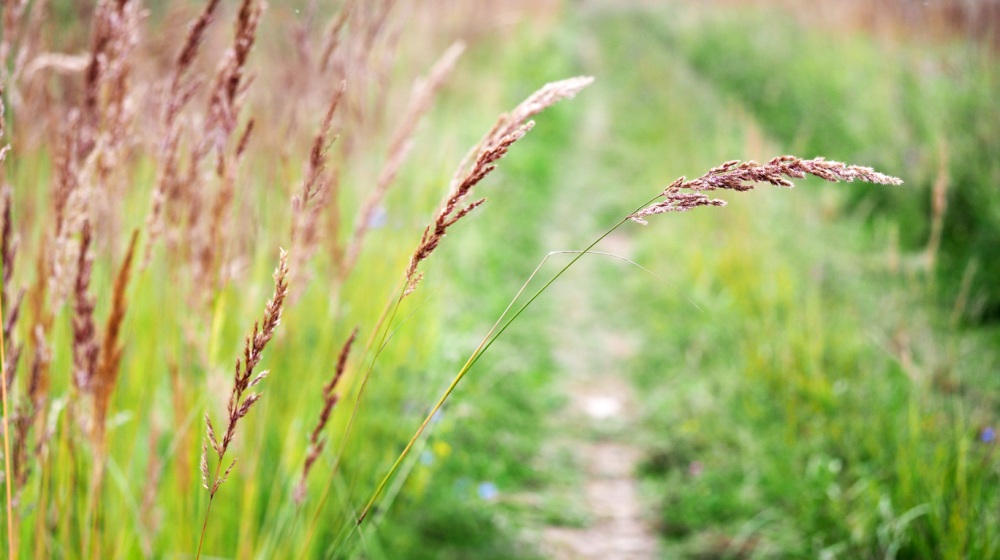
Gardening Plants, Seeds & Bulbs Trees 25 LB Creeping Red Fescue Green Lawn Fully Tested Quick
The remaining fescues including slender creeping red fescue, strong creeping red fescue, Chewings fescue, sheep fescue, blue fescue, and hard fescue are often grouped together and called "fine fescues" because of their narrow (fine) leaves. Another reason for grouping them all together is because they are difficult to distinguish from one another.